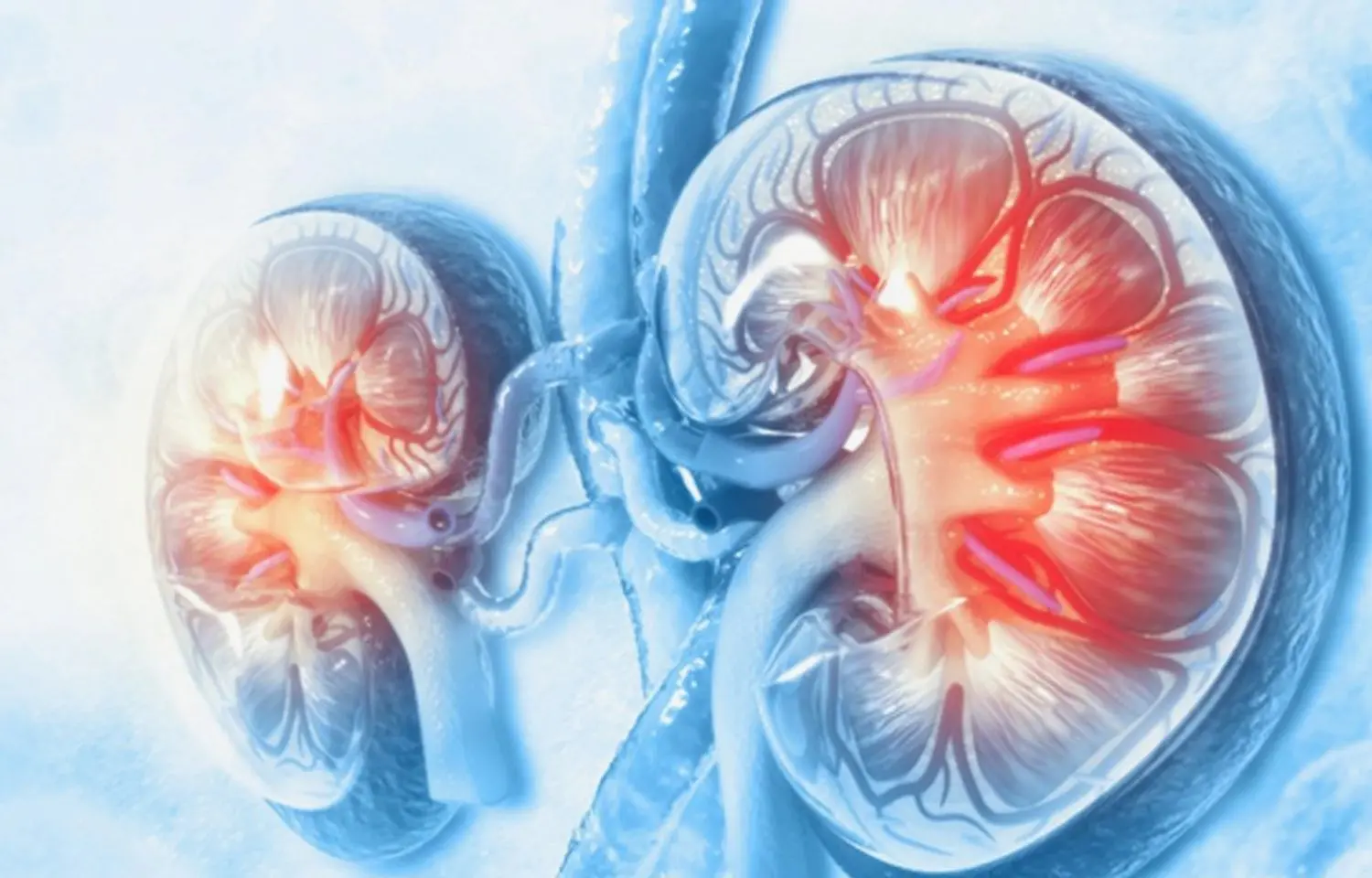- Home
- Medical news & Guidelines
- Anesthesiology
- Cardiology and CTVS
- Critical Care
- Dentistry
- Dermatology
- Diabetes and Endocrinology
- ENT
- Gastroenterology
- Medicine
- Nephrology
- Neurology
- Obstretics-Gynaecology
- Oncology
- Ophthalmology
- Orthopaedics
- Pediatrics-Neonatology
- Psychiatry
- Pulmonology
- Radiology
- Surgery
- Urology
- Laboratory Medicine
- Diet
- Nursing
- Paramedical
- Physiotherapy
- Health news
- Fact Check
- Bone Health Fact Check
- Brain Health Fact Check
- Cancer Related Fact Check
- Child Care Fact Check
- Dental and oral health fact check
- Diabetes and metabolic health fact check
- Diet and Nutrition Fact Check
- Eye and ENT Care Fact Check
- Fitness fact check
- Gut health fact check
- Heart health fact check
- Kidney health fact check
- Medical education fact check
- Men's health fact check
- Respiratory fact check
- Skin and hair care fact check
- Vaccine and Immunization fact check
- Women's health fact check
- AYUSH
- State News
- Andaman and Nicobar Islands
- Andhra Pradesh
- Arunachal Pradesh
- Assam
- Bihar
- Chandigarh
- Chattisgarh
- Dadra and Nagar Haveli
- Daman and Diu
- Delhi
- Goa
- Gujarat
- Haryana
- Himachal Pradesh
- Jammu & Kashmir
- Jharkhand
- Karnataka
- Kerala
- Ladakh
- Lakshadweep
- Madhya Pradesh
- Maharashtra
- Manipur
- Meghalaya
- Mizoram
- Nagaland
- Odisha
- Puducherry
- Punjab
- Rajasthan
- Sikkim
- Tamil Nadu
- Telangana
- Tripura
- Uttar Pradesh
- Uttrakhand
- West Bengal
- Medical Education
- Industry
Yale scientists report Acute Kidney Injury in 25% of patients on checkpoint inhibitor therapy

Acute Kidney Injury (AKI) was commonly found in patients who were given immune checkpoint inhibitor therapy (ICI). The possible causes for the same could be a kidney injury which may not even be related to ICI use or immune activation that causes Acute interstitial nephritis.
The flipside of checkpoint inhibitor therapy (ICI) therapy is that it leads to AKI in 17% of cases whereas the clinical trials show an incidence of merely 2%–3%.
In this observational cohort study, scientists at Yale School of medicine and John Hopkins University included participants in the Yale-New Haven Health System initiated on any one of six ICIs including ipilimumab, nivolumab, pembrolizumab, durvalumab, atezolizumab, or tremelimumab between February 2013 and January 2019, and had at least one serum creatinine value available before drug initiation. Follow-up was conducted until July 2019. The participants without any follow-up information or serum creatinine values, or those who died within 15 days after drug initiation were excluded.
The study suggests several possible causes of AKIs:
IrAEs which are off-target effects of T-cell activation against non-tumor cells that cause damage to various organs including the kidney.
Prerenal azotemia and acute tubular injury (ATI).
Co-administered drugs like chemotherapy and vascular endothelial growth factor-pathway targeting drugs.
Morbidity related to malignancy itself, such as postrenal obstruction from the tumor, kidney involvement by tumor, and coagulopathy.
AIN may be an immune-related adverse event (IrAE) and these findings suggest that it "may be a marker of therapeutic response to ICI," write the authors who were led by Dennis Moledina, MBBS, Ph.D., an assistant professor, and director of the Kidney BioBank at Yale School of Medicine, New Haven, Connecticut.
Of 2207 patients initiated on ICIs, 28% died at 1 year and 25% developed AKI. AKI was independently associated with higher mortality (adjusted HR, 2.28 (95% CI 1.90 to 2.72)).AKI patients with eAIN had more severe AKI as reflected by a higher peak serum creatinine (3.3 (IQR 2.1–6.1) vs 1.4 (1.2–1.9) mg/dL, p<0.001) but showed lower mortality than those without eAIN in univariable analysis (HR 0.43 (95% CI 0.21 to 0.89)) and after adjusting for demographics, comorbidities, and cancer type and severity (adjusted HR 0.44 (95% CI 0.21 to 0.93)).
"Our data suggest that the prognosis after acute kidney injury may be modified by the underlying etiology," the authors write. "Therefore, patients who develop immunotherapy-associated acute kidney injury should undergo testing, when clinically appropriate, to determine whether the underlying cause of AKI is acute interstitial nephritis (AIN). Not only is the management of this cause of AKI different from others, but it also provides additional prognostic information."
The study shows that in patients receiving ICI therapy, mortality was higher in those with AKI unrelated to ICI but lower in those where the underlying etiology was AIN. The association of biopsy-proven or biomarker-proven AIN with mortality in those receiving ICI therapy could be evaluated by further studies.
To read the full article click here: https://jitc.bmj.com/content/10/3/e004421#article-bottom
B.Sc Life Sciences, M.Sc Biotechnology, B.Ed
Isra Zaman is a Life Science graduate from Daulat Ram College, Delhi University, and a postgraduate in Biotechnology from Amity University. She has a flair for writing, and her roles at Medicaldialogues include that of a Sr. content writer and a medical correspondent. Her news pieces cover recent discoveries and updates from the health and medicine sector. She can be reached at editorial@medicaldialogues.in.
Dr Kamal Kant Kohli-MBBS, DTCD- a chest specialist with more than 30 years of practice and a flair for writing clinical articles, Dr Kamal Kant Kohli joined Medical Dialogues as a Chief Editor of Medical News. Besides writing articles, as an editor, he proofreads and verifies all the medical content published on Medical Dialogues including those coming from journals, studies,medical conferences,guidelines etc. Email: drkohli@medicaldialogues.in. Contact no. 011-43720751


